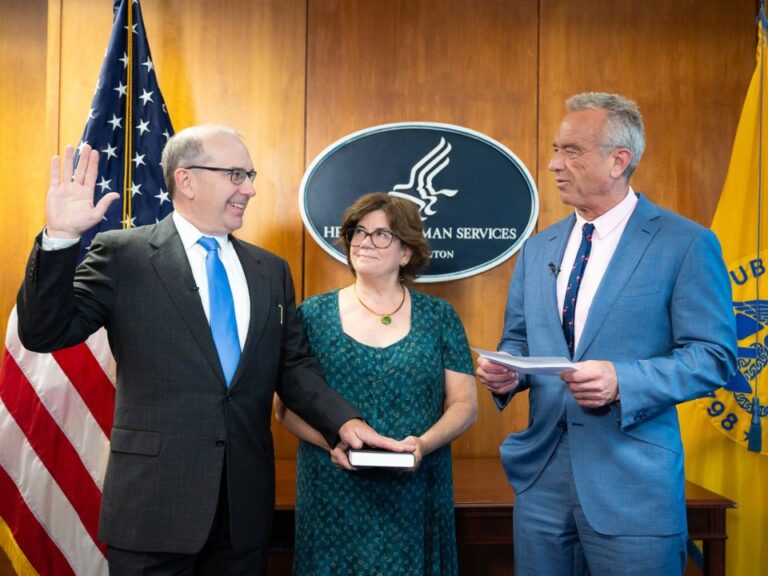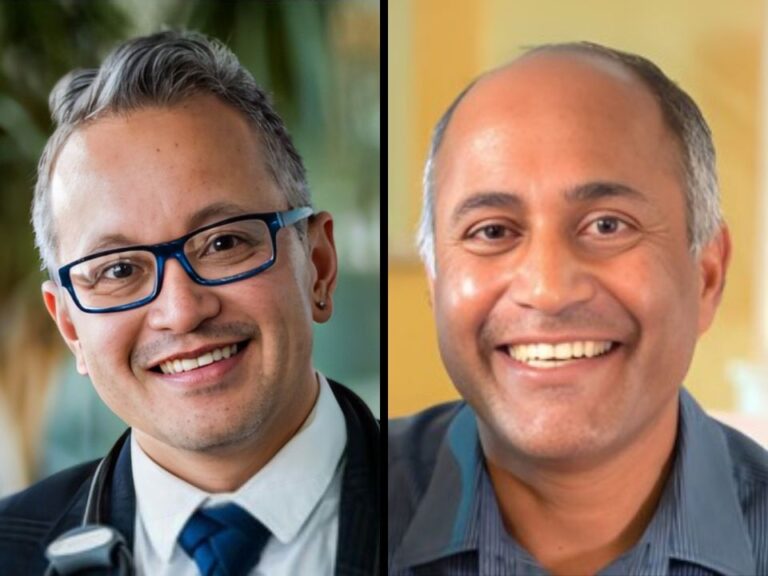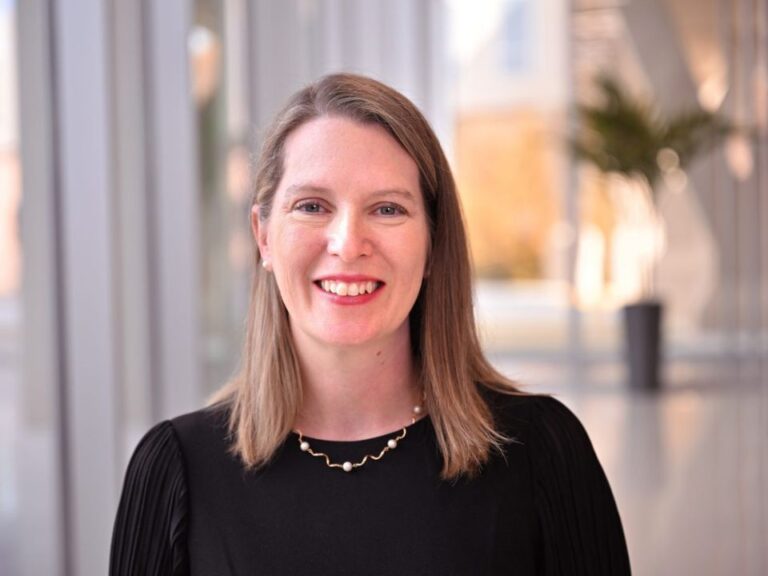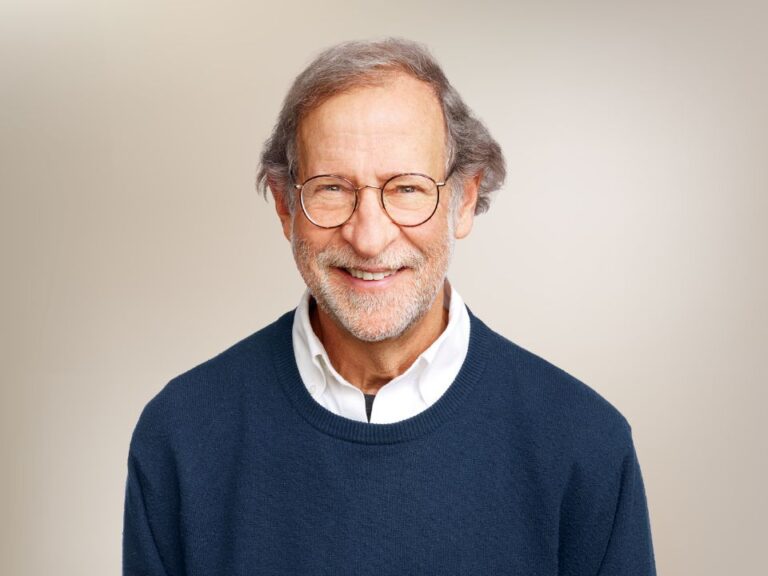The following is a statement from Ted Okon, executive director of the Community Oncology Alliance, on recent CMS expansions in light of COVID-19.
“The Community Oncology Alliance applauds the Centers for Medicare & Medicaid Services for new flexibilities to telehealth regulations and rules that will allow community oncology providers to dramatically expand safe cancer treatment during the COVID-19 global pandemic. This major expansion of telehealth services and relaxation of regulations provides a huge boost to the ability of community practices to care for patients with cancer whose treatment cannot stop.
“The new regulatory relief and rules from CMS are extensive and include the ability for providers to furnish 80 more services via telehealth and to bill for telehealth visits at the same rate as in-person visits. Additionally, CMS has made it clear that providers can now evaluate patients who have audio-only phone systems, an immense easing of burdens for those patients who might not have access to, or are not comfortable with, advanced technology.
“The COVID-19 pandemic has forced a major reorganization and restructuring of cancer care in America. CMS’ rapid response to the crisis in recent weeks means that patients with cancer, many of whom are Medicare seniors with compromised immune systems that are most at risk of infection, can continue to receive cancer treatments while staying safe.
“For example, thanks to telehealth, a community oncology practice in Oregon has been able to treat an 81-year-old patient with a new diagnosis of acute myeloid leukemia. That person is being managed remotely, with labs drawn at the patient’s residence center. Weekly virtual telehealth meetings allow the physician to track how the patient is doing, ensuring they receive needed cancer care in a safe, cost-efficient setting.
“A community oncology practice in North Texas also reports that telemedicine is allowing it to spare rural patients with long drives into urban areas that have seen COVID-19 outbreaks. This is not only reducing lengthy travel times but also greatly reduces their risk of exposure to the virus. Just this week, because of the new Medicare telehealth policies, the practice has been able to help a new patient with liver disease avoid a 133-mile drive as well as coordinate with other specialists for their cancer care.
“Community oncology can’t thank CMS and Administrator Seema Verma enough for quickly moving these changes forward that will dramatically help oncology providers diagnose and monitor their patients safely during the COVID-19 pandemic. CMS has demonstrated an amazing ability to cut through the red tape of Medicare bureaucracy and speed up these critically important changes. They are right on target in providing a veritable lifeline to Americans who are struggling with cancer in the midst of crisis.
“Across the country, independent community oncology practices have risen to the challenge of the COVID-19 pandemic and continue to serve as cancer care providers for millions of patients. As the providers of cancer care to the majority of patients in America, now more than ever, it is crucial that community oncology practices stay open and active for patients as cancer and cancer care do not stop during times of national emergencies. The expansion of telehealth options and reduction of regulatory burdens are important steps that allow practices to do that while also keeping patients safe and healthy.”











